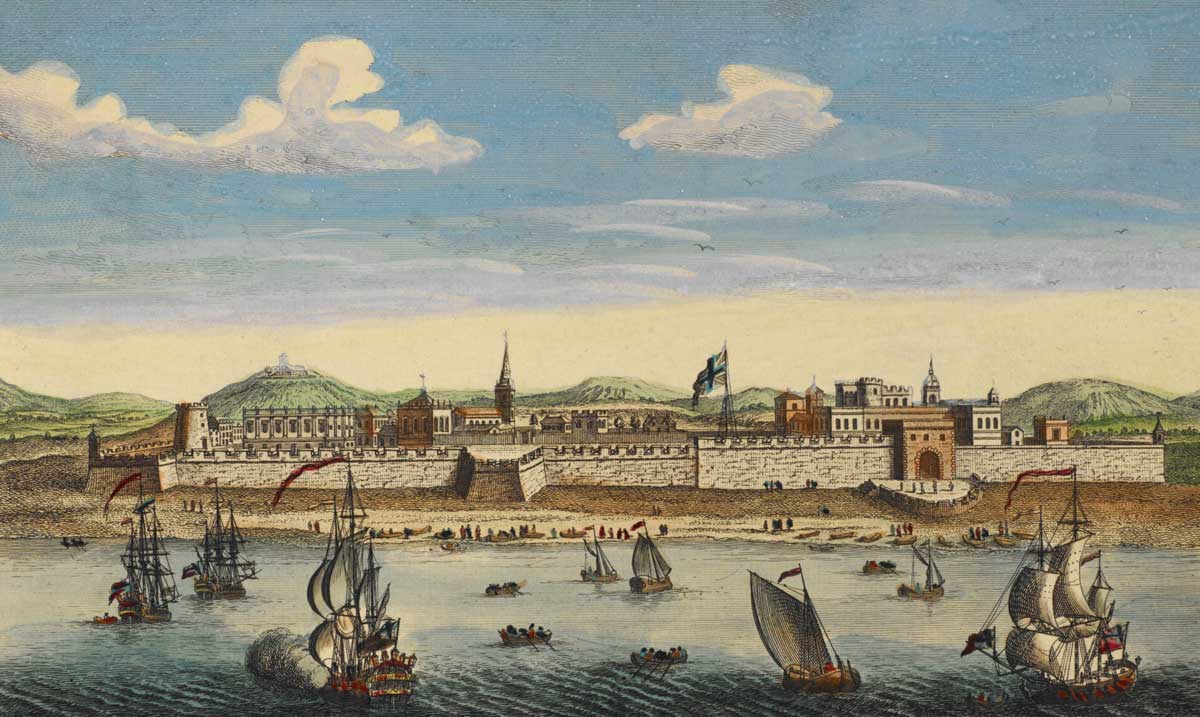Exploring The East India Company Before Empire: A Prelude to British Rule
History Indian HistoryPosted by NewAdmin on 2025-01-30 09:46:50 |
Share: Facebook | Twitter | Whatsapp | Linkedin Visits: 26

In the early days of the English East India Company, it was not viewed as a colonial power, but rather as an ally to local Asian elites seeking to strengthen their control. One such example occurred in 1652 in Madras, where local caste conflicts disrupted the settlement. The city's two main castes, the Left and the Right Hand, were embroiled in violent riots and looting, threatening the stability of the emerging English presence.
Despite the unrest, the local Nawab, the deputy of the Sultan of Golconda, intervened on behalf of the rioters, ordering the English authorities to release the arrested leaders. This intervention highlighted the complex dynamics between the East India Company and local rulers, who often used the Company’s presence to assert their own power, rather than viewing it as a threat. The English were caught in a delicate balance, trying to maintain control without antagonizing the local elites.
The English president in Madras, Aaron Baker, was left helpless in the face of local authority. With only 26 soldiers in the garrison, he lacked the military strength to resist the Nawab's orders. He sent an urgent letter to London, explaining that his ability to maintain order was compromised by the intervention of local power structures. This early episode exemplifies how the East India Company’s initial role in India was as a subordinate entity, reliant on local elites for its survival and expansion.
Search
Categories
Recent News
- Chelsea's Cup Dreams Shattered: Fofana's Emotional Exit
- Kante's Turkish Twist: Fenerbahce Seal the Deal
- Kerala Defies Central Advice on Rice Incentives
- Naked Chaos at Bangalore's Elite Club: A Shocking Incident
- Solar Fury: ISRO's Vigil Against Radio Blackout
- Indian Markets: AI Jitters Halt Rally, IT Stocks Take a Hit
- SEBI's Reformative Push for Market Integrity
- South Africa's Cricket Renaissance: A Squad with Depth
Popular News
- Navigating IPO Market Dynamics Amid Volatility and Regulatory Changes
- Massive Worldwide Microsoft Outage Disrupts Multiple Sectors
- Panjapur Bus Stand to Reshape TNSTC Routes
- తెలుగుదేశం పార్టీ - పేదరికాన్ని నిర్మూలించడంలో వాగ్దానం
- Universities Embrace Remote Learning Technologies Amidst Ongoing Pandemic